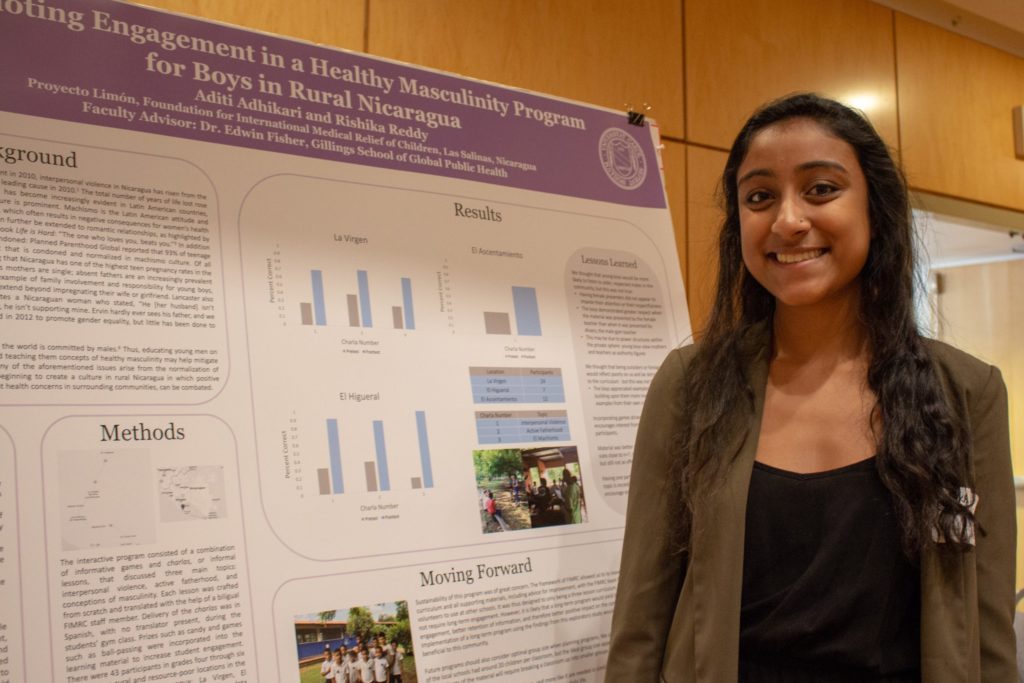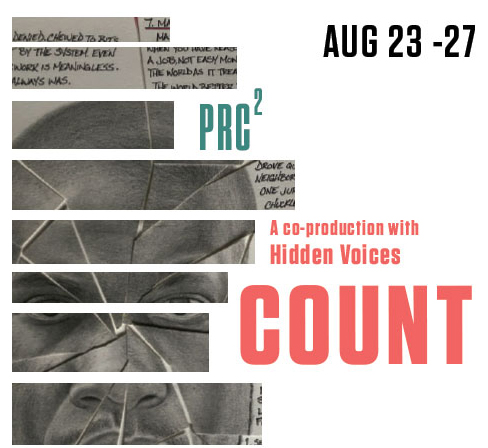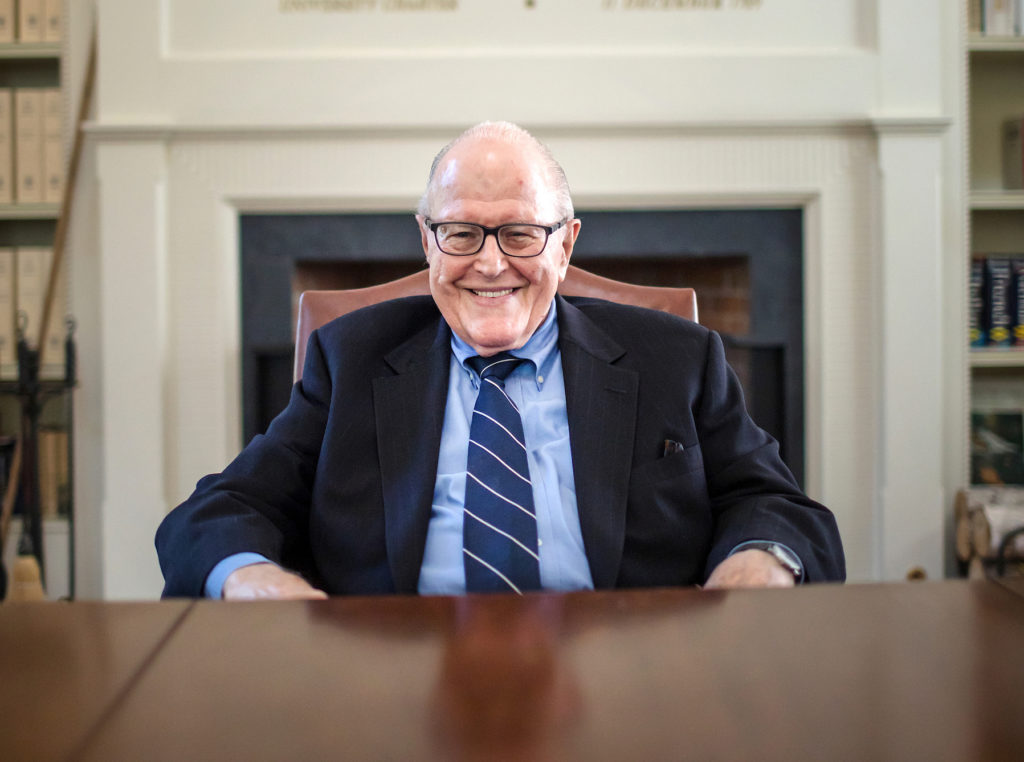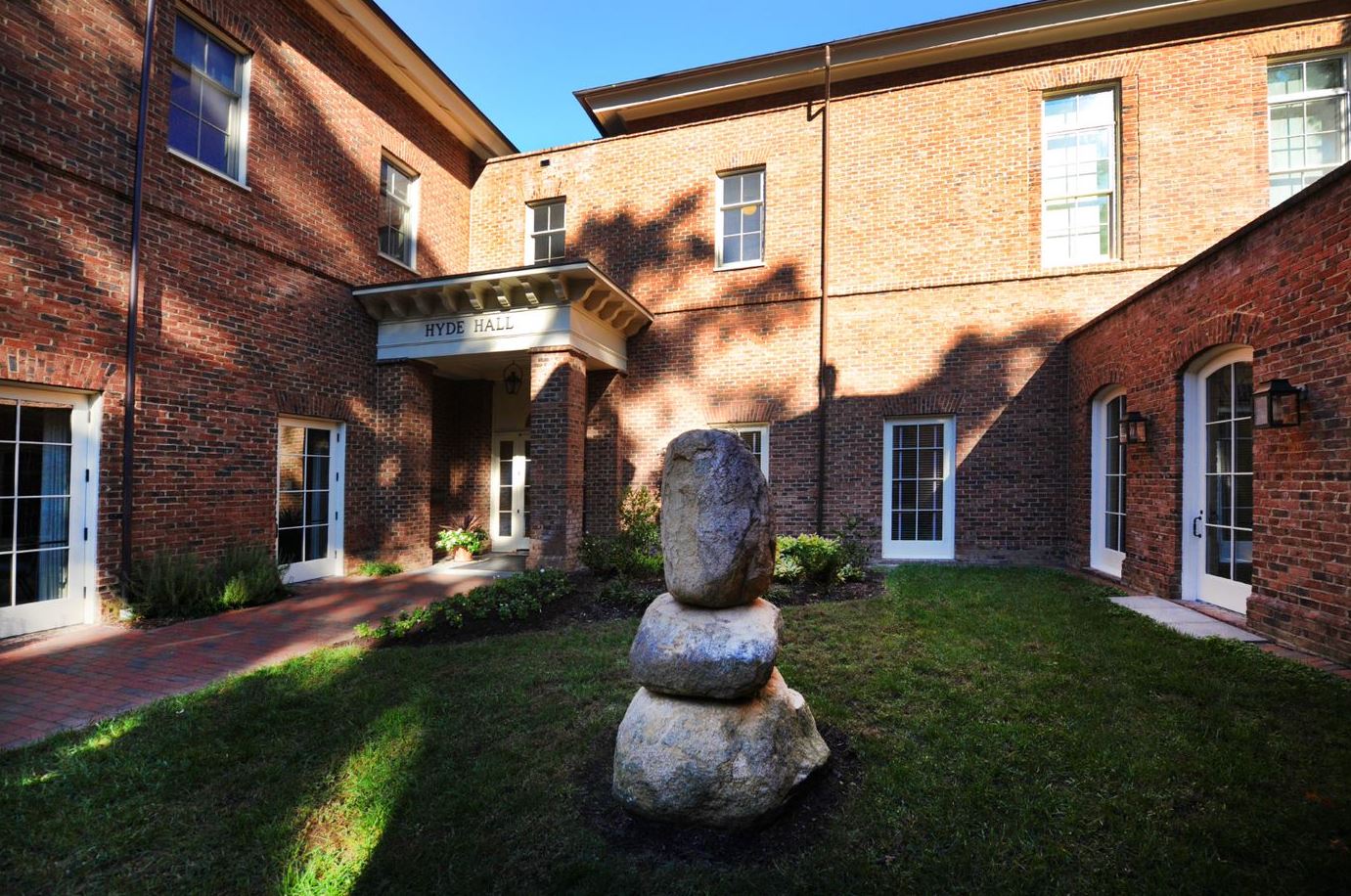
The assigned text for the day’s seminar session, “The Realities of Aging and Mortality,” was from Being Mortal: Medicine and What Matters in the End by Atul Gawande. The seminar students also brought their homework, a written reflection on the book’s impact on their thoughts about aging and end-of-life issues.
“I was so touched by this book and his father and the way he aged and died,” one student said.
“I think it would have been very helpful if a pack of Kleenex came along with it,” another observed.
This wasn’t a seminar for college students. It was for professors, specifically the eight retired and semi-retired academics enrolled in the Retired Faculty Program, a seminar developed by the Retired Faculty Association and the Institute for the Arts and Humanities in the College of Arts & Sciences.
Somehow it’s not surprising that faculty members would prepare for retirement by taking a semester-long class, complete with a syllabus, assigned readings, homework and discussions led by a facilitator. They have thrived in this kind of learning environment for most of their lives, so why not use that setting to prepare for the major life stage of retirement?
Time to think and talk
That’s part of the rationale behind the Retired Faculty Program. Two pilot seminars in the fall of 2016 and spring of 2017 were so successful that it is now offered annually in the fall. So far, the seminar is run on a small scale, with only eight faculty members per semester, by invitation, to ensure a good mix of disciplines and experience.
“Our mission is to empower Carolina’s faculty,” said Mark Katz, director of the Institute for the Arts and Humanities. “We realized that there was a group that we had not been serving: our retired faculty. We believe that their continued presence on campus only enriches the life of the university. And so we launched the RFP, which has proved to be a natural and very successful extension of our work to create community among faculty across all ranks.”
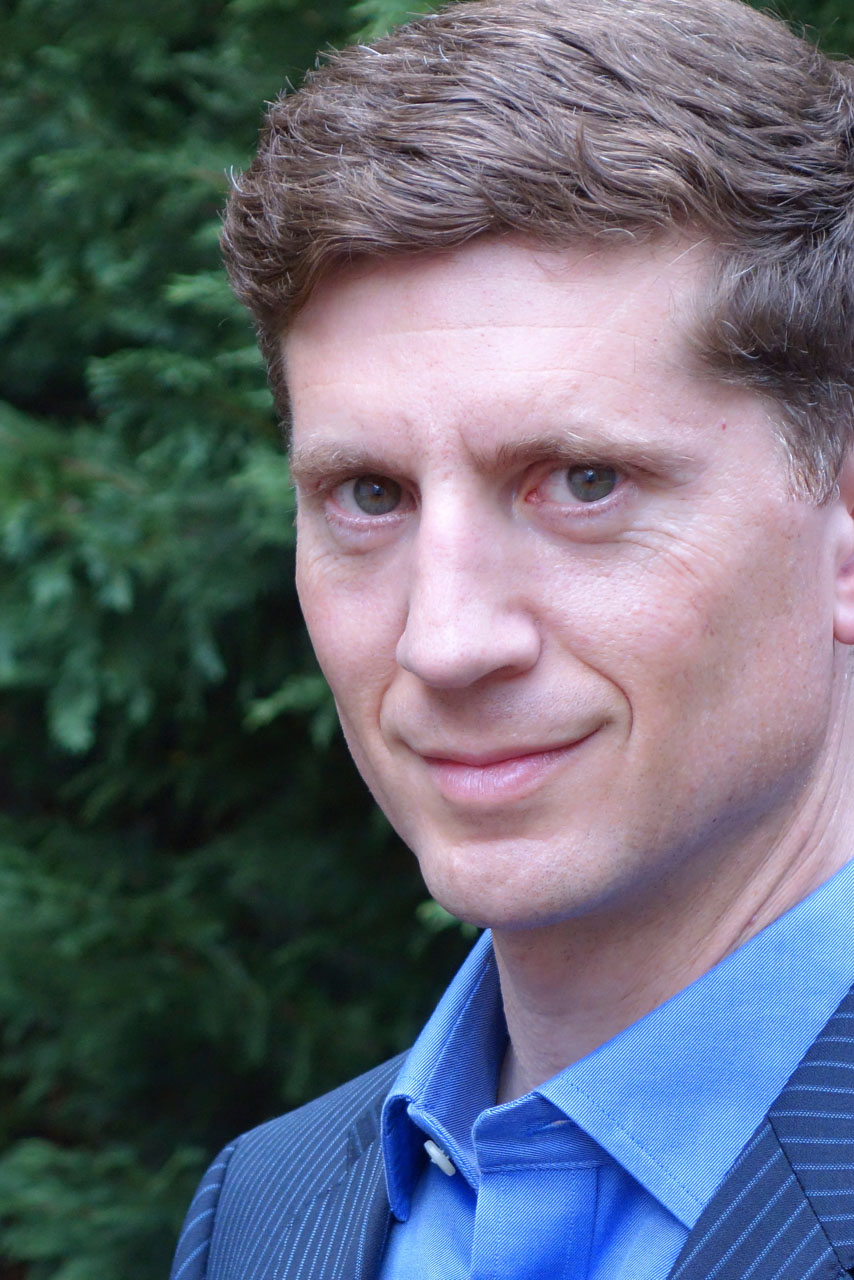
Program participants come to eight 2½-hour weekly sessions that include a catered lunch at Hyde Hall. While there, they discuss all aspects of faculty retirement: academic life, physical condition, financial condition, physical environment, family and social support, use of time and quality of life. The fall 2017 co-facilitators were faculty who participated during the 2016-17 year — Barbara Wasik (School of Education) and Barbara Moran (School of Information and Library Science).
“It’s been good to take some time to think about retirement,” said Virginia Gray, a political science professor in her second year of phased retirement. She participated in the most recent seminar. “The books and discussions have been very helpful to me.”
Comparing notes
In their discussions about retirement, the faculty participants found that each had received a slightly different version of the process in their departments. “There should be a list of things to do by a certain date,” Gray suggested.
Others agreed that information about the faculty retirement process should be standardized across the University and available in written form. Social Security benefits, changes in health insurance and availability of other resources (office space, library, online access, etc.) are all items to be considered during the process of separation, they said.
Some participants have opted for phased retirement, working part-time for three years after resigning from a tenured position. They said they were glad the University offered this option so that they could ease out of work slowly and continue to work with their doctoral students.
“I could see how some people might like that psychologically,” said Karl Petersen, a mathematics professor in his third year of full retirement. “I disagree. I decided it was a bad deal. I looked at it in terms of what it would do for me, financially, and a small arithmetic calculation shows it is a joke.”
“That’s why every group needs a mathematician,” Moran quipped.
What’s next?
Finance, health insurance and other issues like these get discussed at the seminar, but the faculty members also talk about the big picture. What does it mean to be retired? What kind of community is the best fit? What should they do with their free time? How can they stay connected to the University? And, at this particular session, how should they discuss end-of-life issues with friends and family?
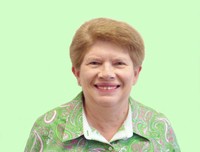
“In the earlier part of the seminar, we started with the pros and cons of retiring and picturing how we’re setting ourselves up for that next stage of life,” said Catherine Marshall, in her second year of phased retirement from the School of Education. “In contrast, with a book like Being Mortal, it’s more like ‘How is it all going to end?’ So it’s been a nice progression for us.”
Gwen Sancar, retired from the department of biochemistry and biophysics, said she retired “cold turkey” a little over a year ago “and I’m actually quite enjoying it.” In contrast, “my husband is not retired, and I don’t think he has any plans to retire.” Far from idle, she and her husband, biochemistry and biophysics researcher Aziz Sancar, have established a home for Turkish students on Franklin Street and are raising money for a larger Turkish cultural center, also on Franklin Street.
Sancar may be retired, but she’s still close to the University, literally. “I can walk three blocks and be on this campus, amongst the young people here. That is still so important to me, to get that young vibe, to keep me young,” she said.
“I hate to think of walking through this beautiful campus and no longer feeling like I am part of it. That’s a major loss,” Marshall said.
While some participants have begun to travel more in their newfound leisure time, Petersen said he’s getting tired of travel. “For the moment, I’m keeping up with my research and more reading and thinking that I didn’t have the time for when I had administrative and teaching duties,” he said.
“I’ve started doing art,” Marshall said. “The nice thing about it is that I can say that I’m accomplishing something, without having any deadlines. No monitoring or year-end reports. Woo-hoo! I can just play.”
“I have more time to read,” said Anselmo Lastra, retired from the computer science department. He held up his copy of Being Mortal. “This book was on my stack, and I hadn’t gotten around to it for two years.” But now, Lastra has finally finished the book. After all, he had to do his homework.
For more information, contact the Institute for the Arts and Humanities at 919-962-0249.
By Susan Hudson, University Gazette

